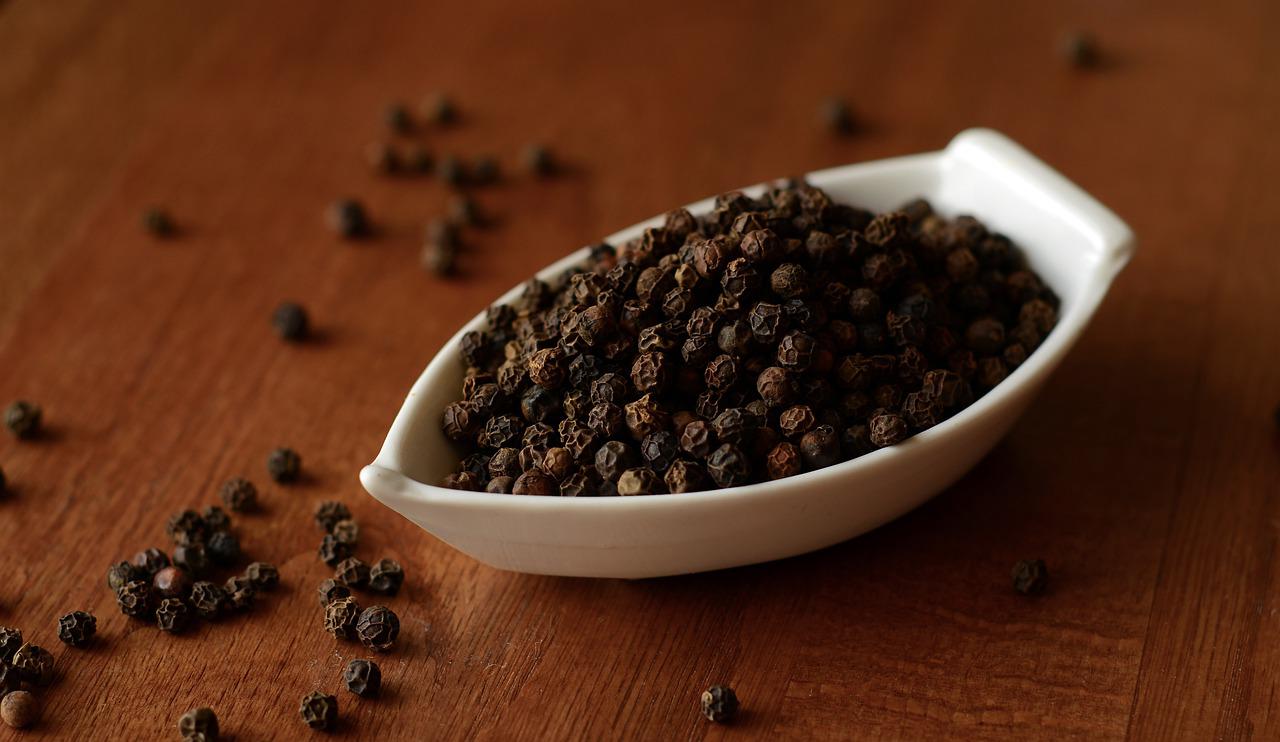
Black pepper, often dubbed the “king of spices,” has earned its place in kitchens worldwide. From topping sunny-side-up eggs to seasoning pasta and salads, its distinctive pungency enhances countless dishes.
Its reputation isn’t just culinary. Historically, pepper was so prized by ancient Greeks and Romans that it was used as currency and religious offerings. Today, black pepper remains one of the most traded spices globally, typically found as whole peppercorns or ground powder, derived from the berries of the Piper nigrum vine.
For diabetics, black pepper offers more than just flavor—though it’s not sweet, its health effects raise important questions.
Is Black Pepper Safe for Diabetics?
Yes—with some precautions.
The key compound in black pepper, piperine, has been shown to help regulate blood sugar. It works by:
- Improving insulin sensitivity
- Boosting glucose metabolism
- Enhancing nutrient and drug absorption (piperine is a known bioenhancer)
🔬 Research Highlights
- A study in Hormone and Metabolic Research found that rats administered piperine had better glucose control than those without.
- Another study published in a pharmaceutical journal showed diabetic mice experienced significantly reduced blood sugar levels when given piperine.
- Piperine also appears to enhance the effect of anti-diabetic medications, making them more effective in reducing blood glucose.
That said, high doses of piperine could increase blood sugar levels due to enhanced absorption rates. Therefore, moderation is crucial.
How Much Black Pepper Can a Diabetic Safely Consume?
To enjoy the benefits without side effects:
- Recommended daily intake: Up to 1 teaspoon (ground)
- Excessive use may cause:
- Digestive discomfort
- Risk of ulcers
- Increased interaction with medications
Always adjust intake based on your health profile and medications.
Can Black Pepper Interact with Diabetes Medications?
Yes, and this is where caution is needed.
Piperine can alter the absorption and efficacy of several drugs, including:
- Propranolol (used for high blood pressure and heart conditions)
- Phenytoin (anti-seizure medication)
- Lithium (mood stabilizer)
- Theophylline (asthma treatment)
- Rifampin (antibiotic for tuberculosis)
⚠️ If you’re on these medications, consult your doctor before increasing pepper intake.
How Should Diabetics Use Black Pepper Safely?
- Add it at the end of cooking: This preserves its flavor and minimizes inhaling its sharp fumes.
- Avoid sprinkling while the food is cooking or steaming, as pepper fumes can irritate the lungs and, in rare cases, contribute to anoxia (reduced oxygen delivery to tissues)—a risk for diabetics with respiratory issues.
Final Verdict
Black pepper, when used mindfully, can be a supportive spice in a diabetic-friendly diet. Its key benefits include:
- Supporting glucose-insulin balance
- Enhancing absorption of nutrients and medications
- Offering antioxidant and metabolic benefits
However, its ability to interact with medications and enhance bioavailability makes self-monitoring and moderation essential.
So, yes—black pepper is generally safe for diabetics, and even beneficial. Just remember: a pinch can heal, a handful may harm.
✅ Quick Reference Summary Chart
| Aspect | Details |
|---|---|
| Key Compound | Piperine |
| Main Benefits | Lowers blood glucose, improves insulin sensitivity, enhances metabolism |
| Research Support | Shown effective in rats & mice; enhances diabetes drug effects |
| Safe Dosage | Up to 1 teaspoon per day (ground black pepper) |
| Potential Risks | Overconsumption may cause ulcers, spike glucose (via bioavailability) |
| Drug Interactions | Propranolol, Lithium, Phenytoin, Rifampin, Theophylline |
| Best Way to Consume | Add at the end of cooking; avoids fume inhalation and flavor loss |
| Not Recommended With | Respiratory conditions or drugs highly affected by absorption rate |
| Final Verdict | Safe & beneficial for diabetics in moderation with doctor consultation |
✅ 10 FAQs About Black Pepper & Diabetes
- Can diabetics safely consume black pepper daily?
Yes, diabetics can safely consume up to 1 teaspoon of ground black pepper daily, provided they are not taking medications that strongly interact with piperine. - How does black pepper help control blood sugar?
Black pepper contains piperine, which helps lower blood sugar by enhancing insulin sensitivity and glucose metabolism. - Can black pepper replace diabetes medication?
No. Black pepper is not a substitute for prescribed medication but may support better glucose control when used moderately. - Does black pepper interact with diabetes medications?
Yes. Piperine can increase the absorption and effect of medications like propranolol, phenytoin, lithium, and others, which can be risky without medical supervision. - What is the best way to add black pepper to food for diabetics?
Sprinkle black pepper after cooking, to preserve its benefits and avoid respiratory irritation from fumes. - Can black pepper cause blood sugar spikes?
In very high doses, it may increase glucose due to enhanced absorption and bioavailability. Moderation is key. - Is piperine available as a supplement? Should diabetics take it?
Piperine is available in supplement form, but diabetics should consult a healthcare provider before use to avoid drug interactions. - Can black pepper help with weight loss for diabetics?
Yes, piperine in black pepper may boost metabolism and support weight loss, which is beneficial for managing diabetes. - Is black pepper good for prediabetics too?
Yes, moderate consumption may help improve insulin response and support glucose regulation in prediabetics. - Are there any side effects of consuming too much black pepper?
Yes. Overuse may lead to digestive issues, ulcers, or drug interactions. Stick to recommended limits.









